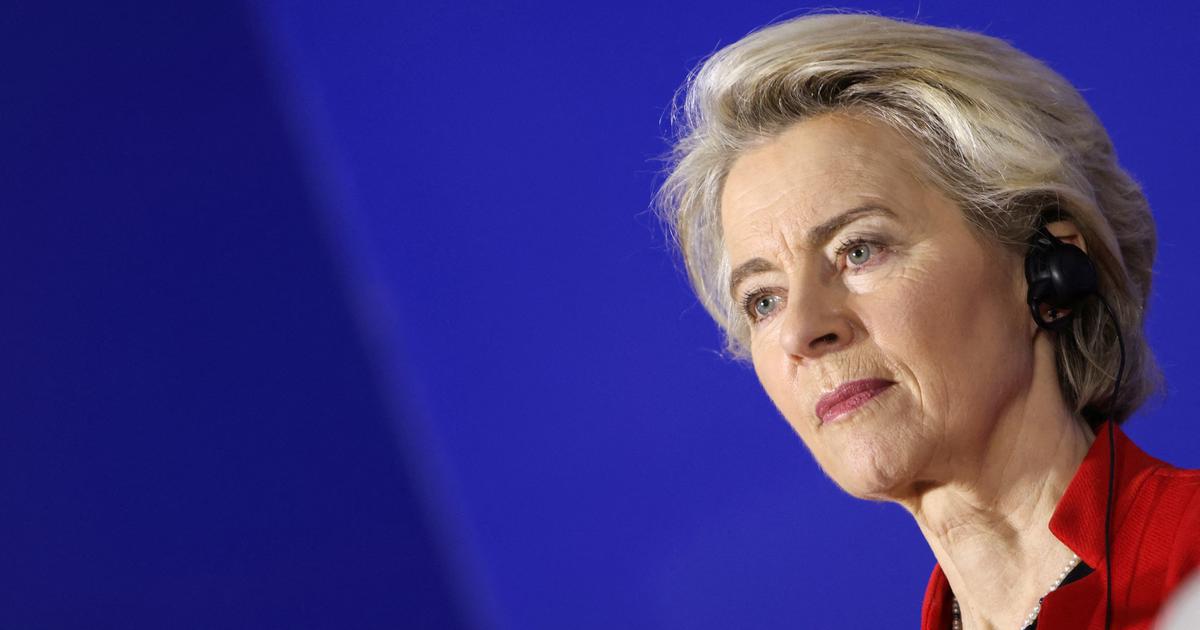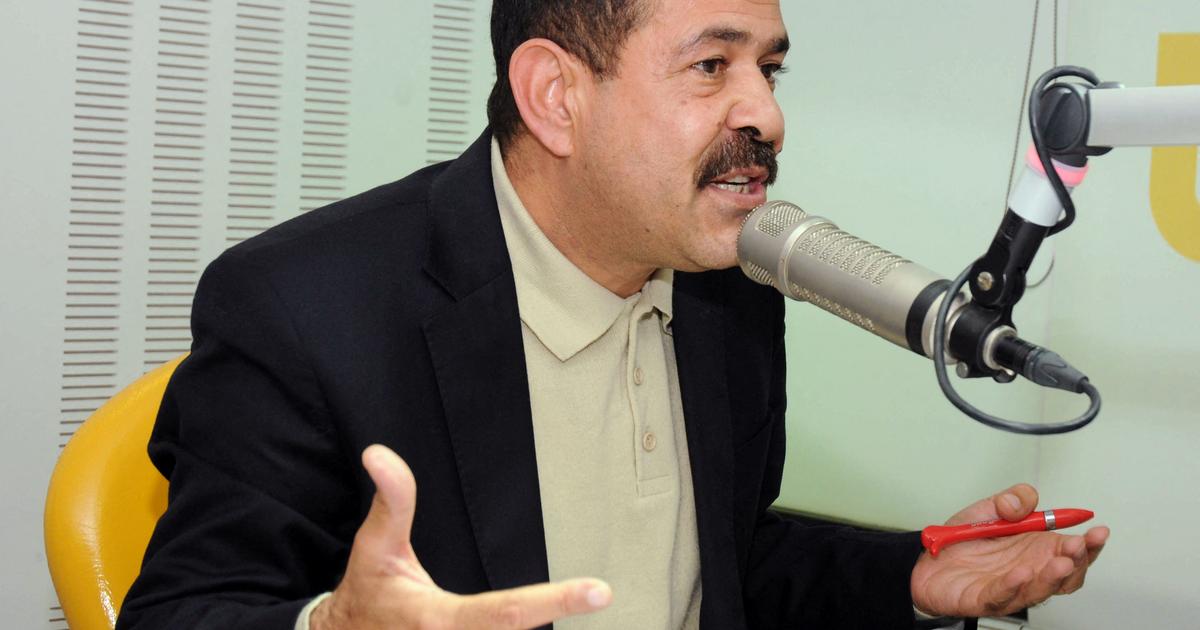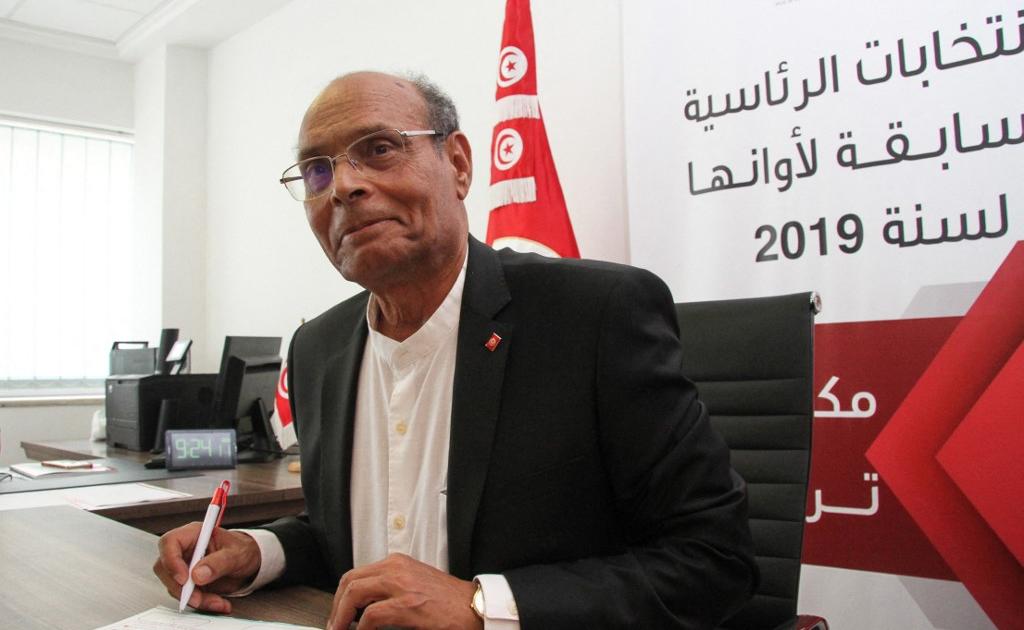"We are going through the most delicate moments in the history of Tunisia".
It is with these words that the President of Tunisia, Kaïs Saïed, justified Friday evening, his takeover of the country, by granting himself the executive power.
"According to the Constitution, I took decisions that the situation requires in order to save Tunisia, the State and the Tunisian people," said the head of state, sparking a wave of enthusiasm in the streets of Tunis and in several major cities of the country.
What decisions have been taken and in what context do they occur?
The Parisian takes stock.
What happened ?
A thunderclap for the young Tunisian democracy. President Kaïs Saïed on Sunday froze the work of Parliament for 30 days and immediately sacked the head of government Hichem Mechichi. The Head of State thus grants himself executive power in a concern, according to him, to "save Tunisia, the State and the Tunisian people". "This is neither a suspension of the Constitution nor an exit from constitutional legitimacy, we are working within the framework of the law", he assured, triggering a wave of enthusiasm in the street.
These measures, which should be published in the form of a decree, immediately provoked the anger of the parliamentary party Ennahdha which castigated a "coup d'état against the revolution and against the Constitution".
As of Monday morning, clashes erupted in front of the Tunisian Parliament between supporters of the president and those of the Islamist-inspired formation.
Is this a coup?
This is the key argument put forward by the opposition. By regaining control of the executive, however, the presidency ensures that it is working in accordance with the law. "Kaïs Saïed indicated to have activated article 80 of the Constitution, according to which the president can take the necessary measures in the event of
imminent danger
threatening the institutions and the nation", decrypts with the Parisian, Aude-Annabelle Canesse, researcher specializing in Tunisia within the CNRS.
The only downside: full powers can be granted to the president after consultation with the head of government, the president of the Assembly of People's Representatives and after having informed the Constitutional Court.
A condition that has not been respected, notes the academic.
And for good reason: no leader has been informed.
Above all, "the Constitutional Court has still not been created", she recalls.
"While we cannot speak directly of a Coup d'Etat, these decisions do not send very positive signals for democracy," she slips.
What political and social context?
For six months, a standoff has been held between Ennahdha - whose deputies are in the majority in the Assembly - and the presidency, paralyzing the government and disorganizing the public powers. A political impasse which is added to an economic and social crisis which is now exhausting the population. “The dinar has never experienced such a collapse for 15 years. The cost of living has exploded, as has unemployment among young people, ”adds Aude-Annabelle Canesse. After Covid-19, this rate has now reached 41% among 15-24 year olds.
Enough to feed the anger of the Tunisians who descended by the hundreds on Sunday in the street of Tunis and in several large cities of the country, despite a curfew.
Thus, "the health crisis which is progressing in the country has only reinforced the expression of a legitimate frustration among the youngest, as among the old", observes the researcher.
Habib Bourguiba Avenue tonight❤️ #Tunisia pic.twitter.com/In7z8Rg72W
- Khalil 🇹🇳 (@khhalliill) July 25, 2021
What is the health situation in Tunisia?
The country, which in 2020 had very few cases of Covid-19, now has the highest death rate in Africa and the Arab world, according to the World Health Organization. This wave causes 150 to 200 deaths per day and suffocates an already fragile health system. So much so that international donations have multiplied in recent days. "Public hospitals are struggling as best they can with ever more limited means", notes Aude-Annabelle Canesse who especially deplores a "lack of anticipation, beds and oxygen".
Difficulties that President Kaïs Saïd now intends to face, by posing as the sole guarantor of executive power. A credible posture? "Difficult to decide, judges the researcher. On the one hand, by acting in this way, the president shows that he is listening to the anger of the people and that he wants to change the situation. But it may just as well be a pure political game. For the moment, nothing can be ruled out. Everyone has seen it since the fall of Ben Ali in 2011: this country is full of surprises ”.







/cloudfront-eu-central-1.images.arcpublishing.com/prisa/7IHS2NB4DJFSVKYXCEUM5DIQGU.jpg)

/cloudfront-eu-central-1.images.arcpublishing.com/prisa/KEJKPQHVMJAPJONPEDK42JL56U.jpg)





